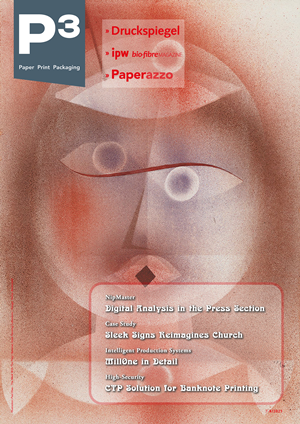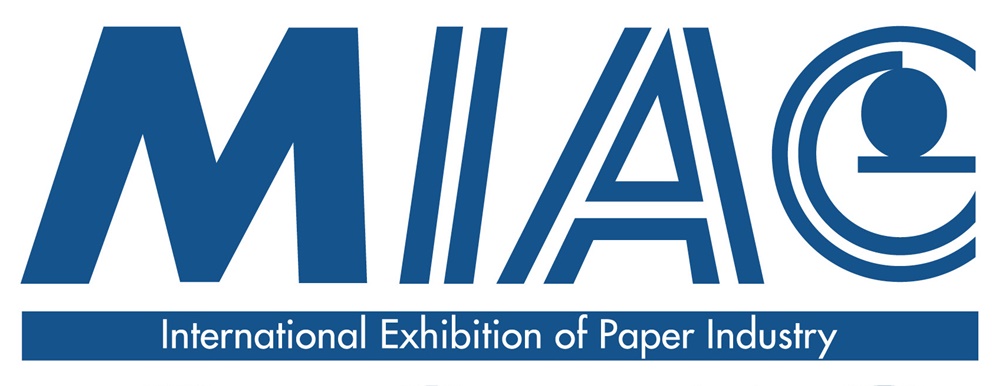NEWS
Waste-based biofuels sector needs smarter EU 2030 package
Europe has a significant untapped potential for converting wastes from farming, forestry, industry and households to advanced low-carbon biofuels, but only if it sets a strong sustainability framework and ambitious decarbonisation targets for transport fuels in 2030, finds a new report entitled “Wasted: Europe’s Untapped Resource.”
The project found that if all sustainable waste from farms, forests, households and industry were used for transport fuels, there could be sufficient fuel to displace about 37 million t of oil annually by 2030. To put this in context, this technical potential would be equal to 16% of road transport fuel demand in 2030.
According to Marko Janhunen, Vice President, Stakeholder Relations, UPM Biorefining, UPM will open the world’s first biorefinery producing wood-based renewable diesel at commercial scale this summer, and its annual production will be 100,000 t. "Such investments make the EU’s bioeconomy real, reduce greenhouse gas emissions and offer jobs and growth. A stable policy framework is extremely important to ensure further investments in advanced biofuels. We call for a strong investment signal from the EU member states and the Parliament.”
David Turley of the UK research consultancy NNFCC, who led the economic analysis, said: “Our analysis indicates that once deployed at scale, advanced biofuels from agricultural and forest residue feedstocks would require little or only a modest additional incentive to stimulate production at prices comparable to that of current crop-fuelled technologies.”
However, EU policy uncertainty, especially around the decarbonisation of transport fuels, is blocking these innovations from reaching their full potential, says “Wasted: Europe’s Untapped Resource”.







